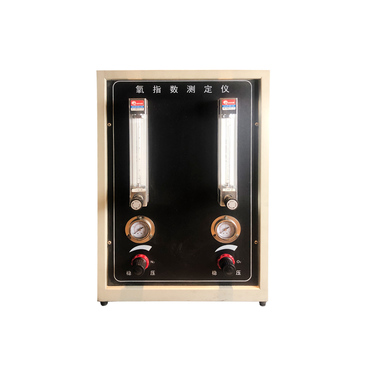cable bending test machine
Cable Bending Test Machine Ensuring Durability and Reliability in Cable Manufacturing
In today's fast-paced world, the demand for high-quality cables has never been greater. As industries continue to evolve, the need for durable and reliable cables is paramount. One critical industrial tool that helps manufacturers ensure their products meet regulatory standards and customer expectations is the cable bending test machine. This device plays a crucial role in assessing the performance and longevity of various types of cables, including electrical, communication, and fiber-optic cables.
Understanding the Cable Bending Test Machine
A cable bending test machine is designed to simulate the stresses and strains that cables will encounter during their operational lifespan. By subjecting cables to repeated bending motions, the machine can accurately predict how well they will perform under real-world conditions. The bending process replicates situations such as installation, maintenance, and typical usage scenarios where cables may be twisted, kinked, or bent at sharp angles.
The testing machine usually incorporates various features, such as adjustable bending radii, different bending cycles, and the ability to accommodate cables of various sizes and materials. The most advanced models can also be programmed to replicate specific industry-standard test protocols, ensuring consistency and accuracy in testing procedures.
Importance of Cable Bending Tests
1. Durability Assessment One of the primary aims of cable bending tests is to determine the durability of the cable. Repeated bending can lead to fatigue, which may cause internal damage or degradation of materials over time. By testing cables under controlled conditions, manufacturers can identify weak points and enhance the design for better performance.
2. Compliance with Standards Different industries have specific standards and regulations concerning the quality and safety of cables. Testing cables with a bending test machine ensures that they meet these standards before entering the market. By obtaining certifications from recognized testing agencies, manufacturers can bolster their credibility and assure customers of their product's quality.
cable bending test machine

3. Cost-Effectiveness Investing in a cable bending test machine can lead to significant cost savings for manufacturers. By identifying potential issues before full-scale production or installation, companies can minimize the risk of product failures and associated costs. Avoiding recalls or warranty claims translates into better financial stability and customer satisfaction.
4. Research and Development For companies engaged in research and development, the cable bending test machine serves as an invaluable tool. It allows engineers and designers to test new materials and designs under simulated conditions, facilitating innovation and the development of cutting-edge cable technologies.
Applications in Various Industries
Cable bending test machines find applications across diverse sectors. In the telecommunications industry, for example, fiber-optic cables are subjected to strict bending tests to ensure signal integrity and longevity. Similarly, the electrical industry relies on these machines to test power cables, ensuring they can withstand the rigors of installation and daily use.
In aerospace and automotive industries, cables are often subjected to extreme conditions. The bending test machine helps verify that these cables can withstand the vibration and movements they will experience during operation, enhancing safety and reliability in critical systems.
Conclusion
In summary, the cable bending test machine is an essential tool in the modern cable manufacturing industry. By ensuring that cables can endure repeated bending without compromising performance, manufacturers can deliver high-quality, reliable products that meet customer expectations and regulatory standards. As technology continues to advance, the importance of such testing methods will only grow, driving innovation and improving safety across various industries. With the increasing reliance on cables in everything from telecommunications to power distribution, investing in robust testing capabilities is not just a luxury—it's a necessity for manufacturers aiming for success in today's competitive market.
-
Why the Conductor Resistance Constant Temperature Measurement Machine Redefines Precision
NewsJun.20,2025
-
Reliable Testing Starts Here: Why the High Insulation Resistance Measuring Instrument Is a Must-Have
NewsJun.20,2025
-
Flexible Cable Flexing Test Equipment: The Precision Standard for Cable Durability and Performance Testing
NewsJun.20,2025
-
Digital Measurement Projector: Precision Visualization for Modern Manufacturing
NewsJun.20,2025
-
Computer Control Electronic Tensile Tester: Precision and Power for the Modern Metal Industry
NewsJun.20,2025
-
Cable Spark Tester: Your Ultimate Insulation Assurance for Wire and Cable Testing
NewsJun.20,2025
 Copyright © 2025 Hebei Fangyuan Instrument & Equipment Co.,Ltd. All Rights Reserved. Sitemap | Privacy Policy
Copyright © 2025 Hebei Fangyuan Instrument & Equipment Co.,Ltd. All Rights Reserved. Sitemap | Privacy Policy
